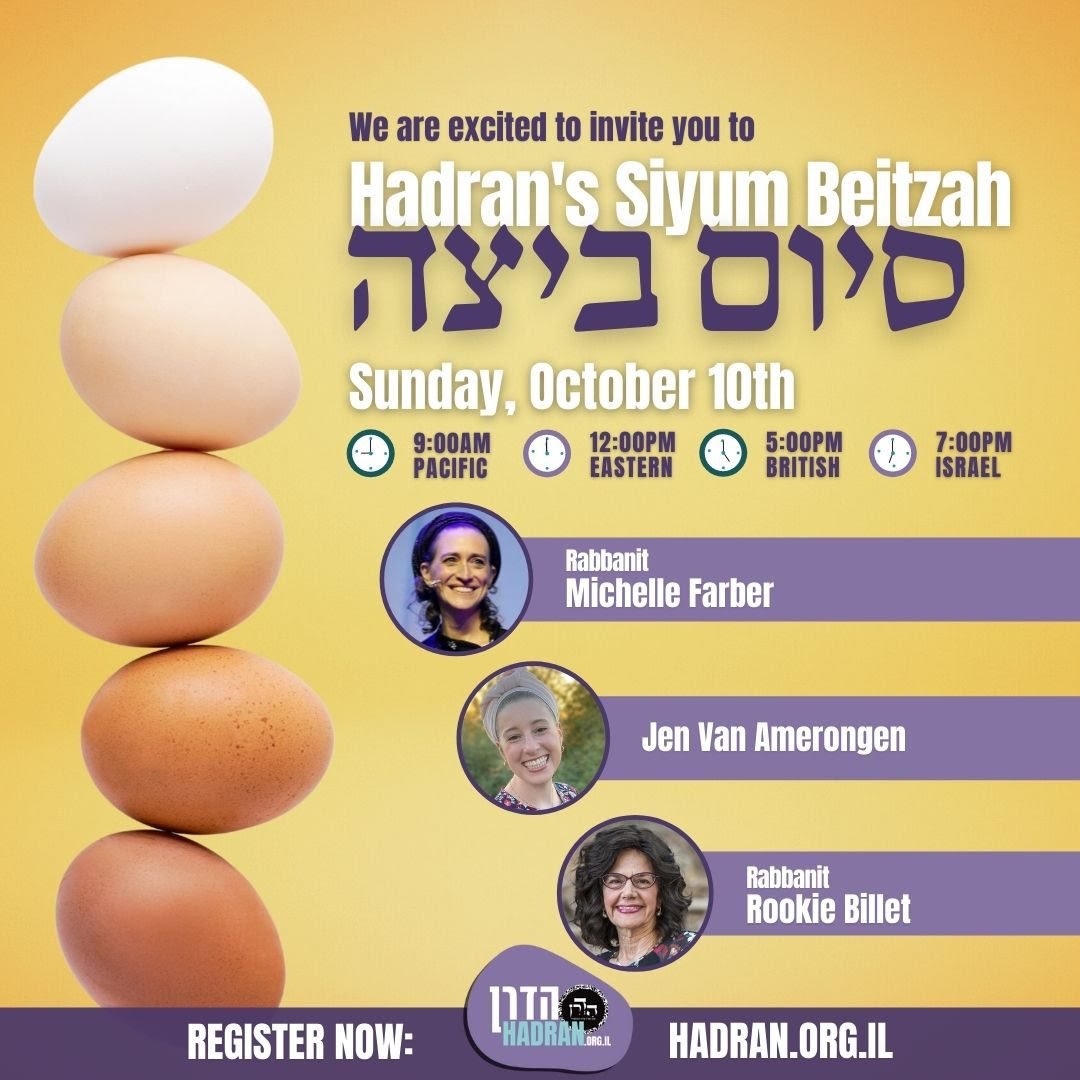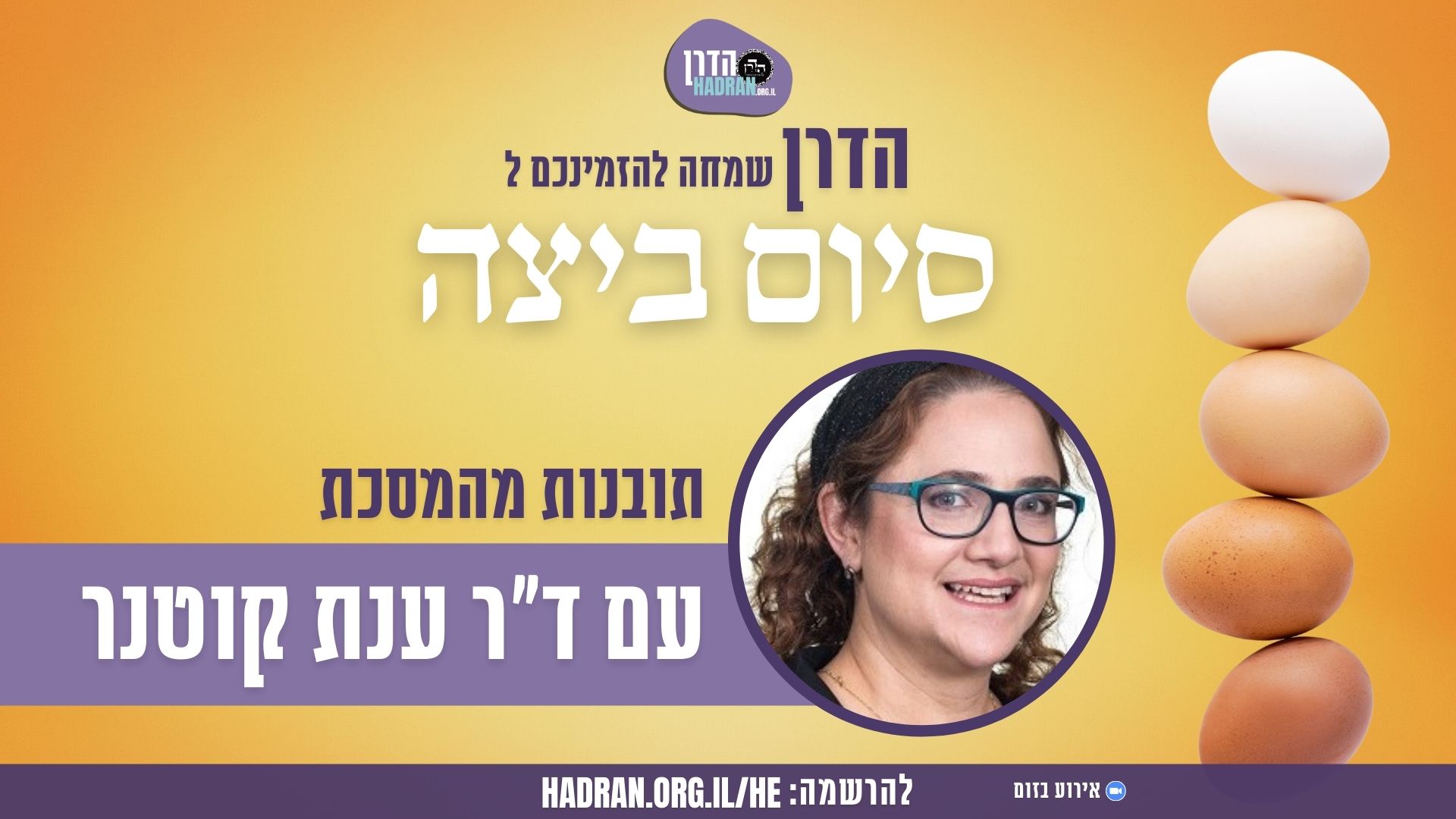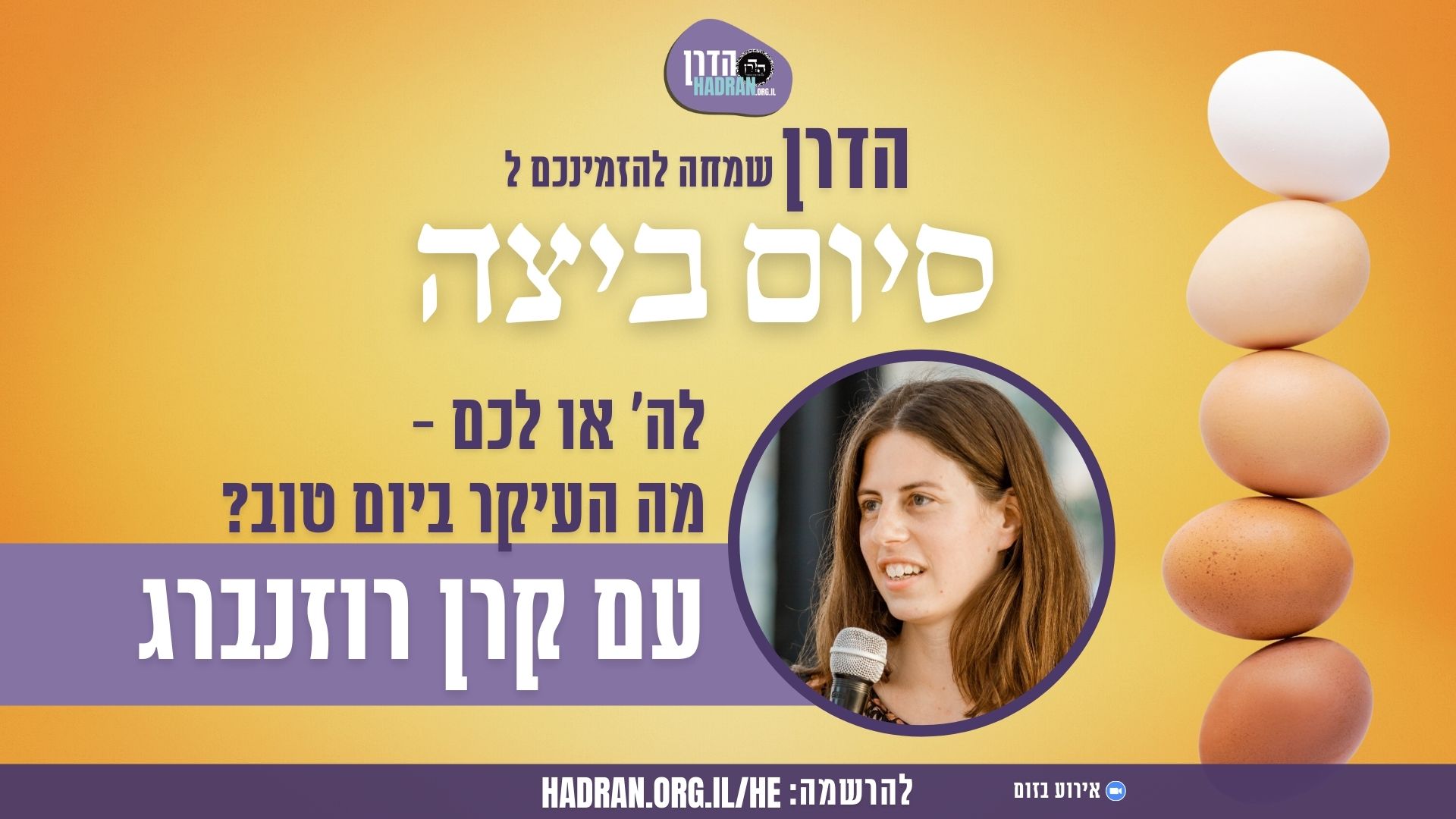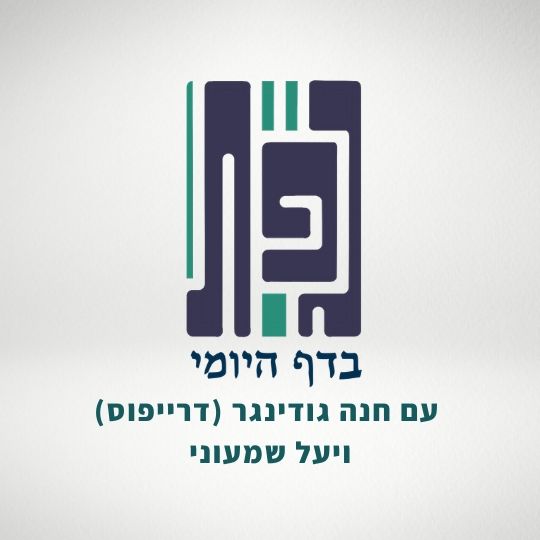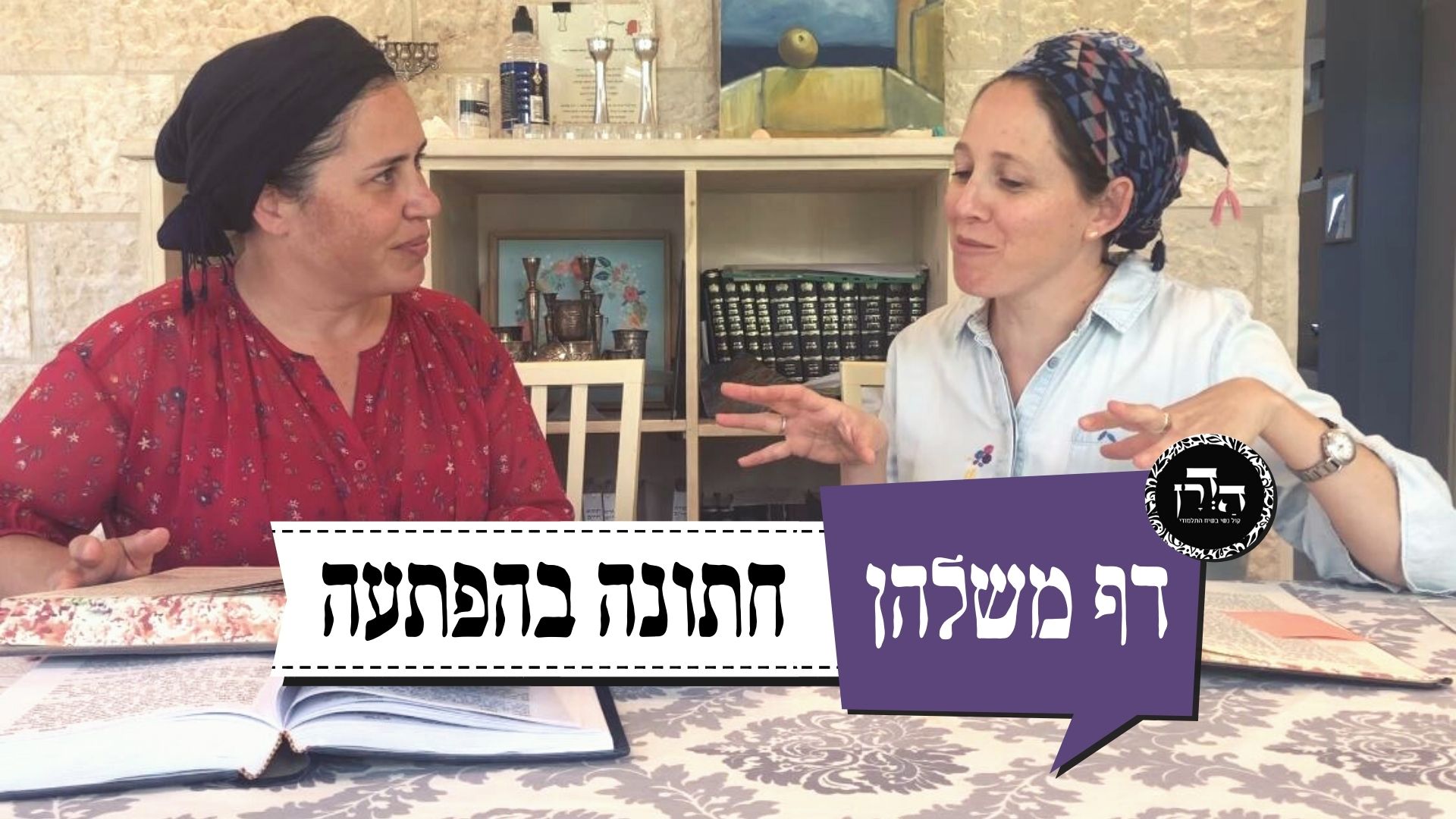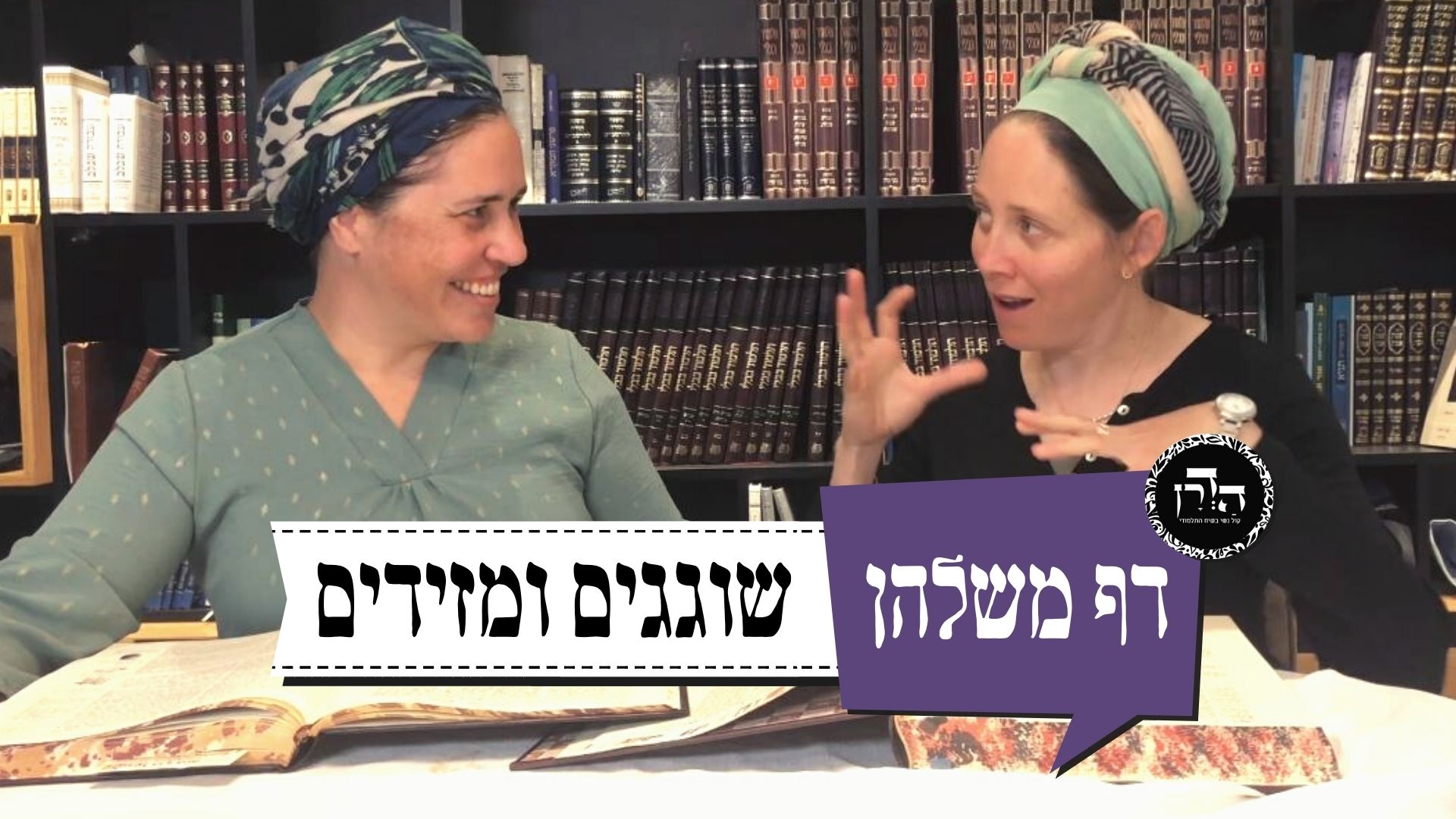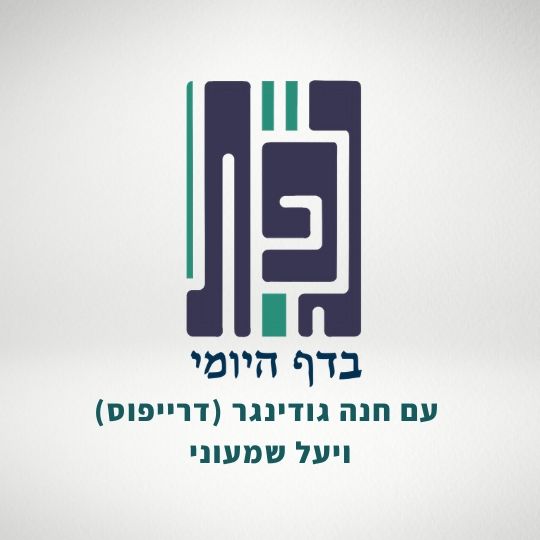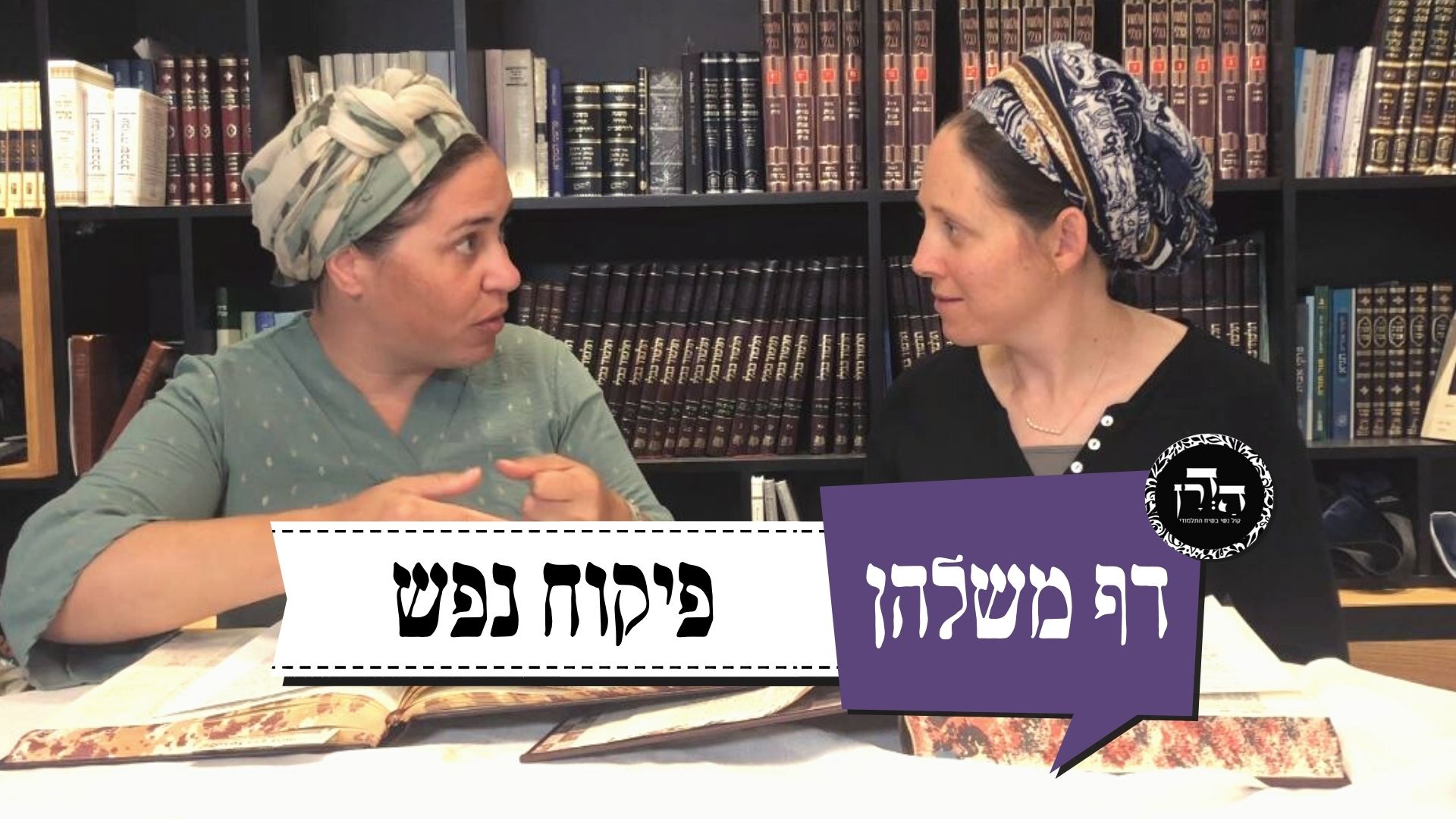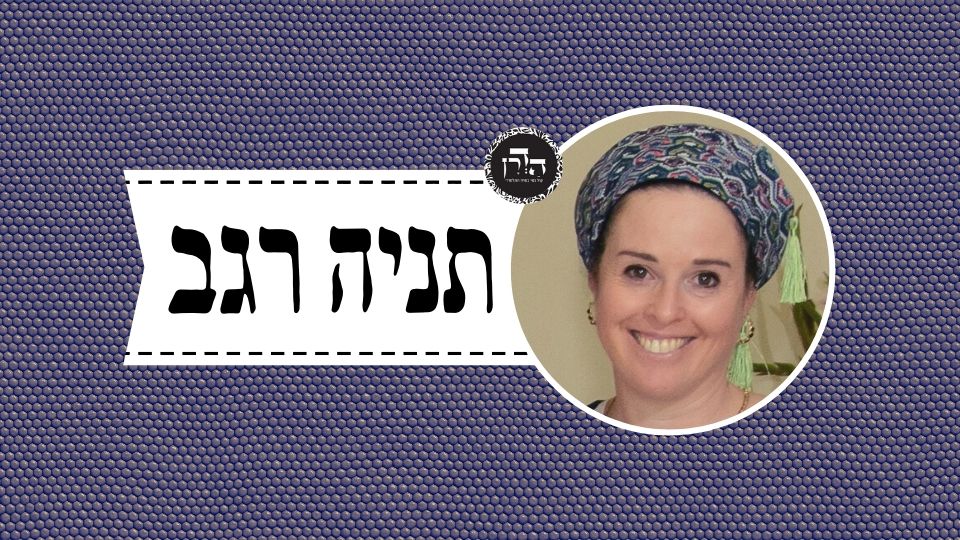ביצה ה
וְנִתְקַלְקְלוּ הַלְוִיִּם בַּשִּׁיר. הִתְקִינוּ שֶׁלֹּא יְהוּ מְקַבְּלִים אֶת הָעֵדִים אֶלָּא עַד הַמִּנְחָה.
and the Levites erred in the song. They were unsure whether to sing the weekday song or that of Rosh HaShana during the sacrifice of the afternoon daily offering, as it was unclear whether or not witnesses would arrive that day. From that point on, the court instituted that they would accept witnesses who came to testify that that day was Rosh HaShana only up to minḥa time, i.e., when the daily afternoon offering was sacrificed. If witnesses had not arrived by then, they would declare Elul a thirty-day month and calculate the dates of the Festivals accordingly.
וְאִם בָּאוּ עֵדִים מִן הַמִּנְחָה וּלְמַעְלָה, נוֹהֲגִין אוֹתוֹ הַיּוֹם קֹדֶשׁ, וּלְמָחָר קֹדֶשׁ.
And if witnesses came from minḥa time onward, although the calculations for the dates of the Festivals began only from the following day, the people would nevertheless observe that day on which the witnesses arrived as sacred, and they would also observe the following day as sacred. On the second day, they observed Rosh HaShana in full, both by sacrificing its offerings as well as calculating the upcoming Festivals from that date. It is evident that the observance of two days of Rosh HaShana did not stem from uncertainty in the Diaspora as to when the Festival began. Rather, the Sages instituted that the two days of Rosh HaShana are one unit due to the inherent difficulty in determining the date of a Festival that is celebrated on the first of the month.
אָמַר רַבָּה: מִתַּקָּנַת רַבָּן יוֹחָנָן בֶּן זַכַּאי וְאֵילָךְ, בֵּיצָה — מוּתֶּרֶת. דִּתְנַן: מִשֶּׁחָרַב בֵּית הַמִּקְדָּשׁ, הִתְקִין רַבָּן יוֹחָנָן בֶּן זַכַּאי שֶׁיְּהוּ מְקַבְּלִין עֵדוּת הַחֹדֶשׁ כׇּל הַיּוֹם.
Rabba said: From the time of the ordinance of Rabban Yoḥanan ben Zakkai onward, an egg laid on one day of Rosh HaShana is permitted on the other. As we learned in a mishna (Rosh HaShana 30b): After the Temple was destroyed, Rabban Yoḥanan ben Zakkai instituted that the court should once again accept testimony to determine the start of the month all day. Since the concern about errors was no longer relevant, they reverted to the original custom. As the court was aware of the exact date based on the testimony of the witnesses, those in proximity to the court kept only one day of Rosh HaShana. Those who lived far from the court observed two days merely due to uncertainty, and as one of those days was certainly a weekday, an egg laid on the first day was permitted on the second.
אֲמַר לֵיהּ אַבָּיֵי, וְהָא רַב וּשְׁמוּאֵל דְּאָמְרִי תַּרְוַיְיהוּ: בֵּיצָה אֲסוּרָה! אֲמַר לֵיהּ: אָמֵינָא לָךְ אֲנָא רַבָּן יוֹחָנָן בֶּן זַכַּאי, וְאַתְּ אָמְרַתְּ לִי רַב וּשְׁמוּאֵל?!
Abaye said to him: But didn’t Rav and Shmuel both say that an egg is prohibited? Rabba said to him: Your question is out of place; I say to you a statement in the name of the distinguished tanna Rabban Yoḥanan ben Zakkai, and you say to me a ruling of the amora’im Rav and Shmuel?
וּלְרַב וּשְׁמוּאֵל קַשְׁיָא מַתְנִיתִין! לָא קַשְׁיָא: הָא לַן, וְהָא לְהוּ.
The Gemara asks: And according to the opinion of Rav and Shmuel, isn’t it true that the mishna is difficult, as it indicates that the special status of Rosh HaShana has been revoked? The Gemara answers that this is not difficult: This ruling is for us, those who live outside of Eretz Yisrael, who have kept the ancient custom of observing two Festival days, and therefore Rosh HaShana is still considered one long day and constitute a single sanctity. Conversely, that ruling of the mishna is for them, the inhabitants of Eretz Yisrael. Since Rabban Yoḥanan ben Zakkai instituted that the court should once again accept testimony all day concerning the new moon, then even if circumstances dictate that Rosh HaShana would be observed for two days, each day is considered an independent sanctity.
וְרַב יוֹסֵף אָמַר: אַף מִתַּקָּנַת רַבָּן יוֹחָנָן בֶּן זַכַּאי וְאֵילָךְ — בֵּיצָה אֲסוּרָה. מַאי טַעְמָא: הָוֵי דָּבָר שֶׁבְּמִנְיָן, וְכׇל דָּבָר שֶׁבְּמִנְיָן — צָרִיךְ מִנְיָן אַחֵר לְהַתִּירוֹ.
And Rav Yosef said: Even from the time of the ordinance of Rabban Yoḥanan ben Zakkai onward, an egg remains prohibited. The Gemara explains: What is the reason for the opinion of Rav Yosef? It is that the decree prohibiting an egg laid on the first day of Rosh HaShana on the second day of Rosh HaShana is a matter that was established by a vote of the Sanhedrin, after that occasion on which the witnesses failed to arrive on time, and any matter that was established by a vote requires another vote to permit it. A new vote must be taken to render the prohibited item permitted, as the prohibition does not lapse even if the reason for the decree no longer applies.
אָמַר רַב יוֹסֵף: מְנָא אָמֵינָא לַהּ, דִּכְתִיב: ״לֵךְ אֱמוֹר לָהֶם שׁוּבוּ לָכֶם לְאׇהֳלֵיכֶם״, וְאוֹמֵר: ״בִּמְשֹׁךְ הַיֹּבֵל הֵמָּה יַעֲלוּ בָהָר״.
Rav Yosef said: From where do I say my opinion? As it is written, after the Jews received the Torah: “Go, say to them: Return to your tents” (Deuteronomy 5:26), where “your tents” is referring to your wives. And it says, before the revelation at Sinai: “When the ram’s horn sounds long, they may come up to the mount” (Exodus 19:13). And it is stated: “Be ready for the third day, do not come near a woman” (Exodus 19:15). In other words, although the original prohibition served a particular purpose, in this case the giving of the Torah, it was nevertheless necessary to explicitly render the prohibition permitted.
(וְתַנְיָא:) כֶּרֶם רְבָעִי הָיָה עוֹלֶה לִירוּשָׁלַיִם מַהֲלַךְ יוֹם אֶחָד לְכׇל צַד. וְזוֹ הִיא תְּחוּמָהּ: (עֵלַת) מִן (הַצָּפוֹן), וְעַקְרַבַּת מִן (הַדָּרוֹם), לוֹד מִן הַמַּעֲרָב, וְיַרְדֵּן מִן הַמִּזְרָח.
And this idea was likewise taught in a baraita: The fruit of a fourth-year grapevine have the status of second-tithe fruits, and therefore their owner would ascend to Jerusalem and eat them there. If he was unable to do so, due to the distance involved or the weight of the load, he could redeem the fruits with money where he was, and later redeem that money for other fruits in Jerusalem. However, the Sages decreed that fruit from the environs of Jerusalem should not be redeemed, but that the owners should bring the fruit itself to Jerusalem. The environs of Jerusalem for this purpose were defined as a day’s walk in each direction. And this is its boundary: Eilat to the north; Akrabat to the south; Lod to the west; and the Jordan to the east.
וְאָמַר עוּלָּא, וְאִיתֵּימָא רַבָּה בַּר בַּר חָנָה אָמַר רַבִּי יוֹחָנָן: מָה טַעַם — כְּדֵי לְעַטֵּר שׁוּקֵי יְרוּשָׁלַיִם בְּפֵירוֹת.
And Ulla said, and some say Rabba bar bar Ḥana said that Rabbi Yoḥanan said: For what reason did the Sages institute this ordinance, that someone who lived near Jerusalem must bring his fruit there? In order to adorn the markets of Jerusalem with fruit, as this decree ensured that there was always an abundance of fruit in Jerusalem for people to eat.
וְתַנְיָא: כֶּרֶם רְבָעִי הָיָה לוֹ לְרַבִּי אֱלִיעֶזֶר בְּמִזְרַח לוֹד בְּצַד כְּפַר טָבִי,
And it was further taught in a baraita: Rabbi Eliezer ben Hyrcanus, a student of Rabban Yoḥanan ben Zakkai, had a fourth-year grapevine located between Lod and Jerusalem, to the east of Lod alongside the village of Tavi. The grapevine was within the environs of Jerusalem for the purpose of this halakha. Rabbi Eliezer could not bring the fruit to the Temple, as it had been destroyed,
וּבִקֵּשׁ לְהַפְקִירוֹ לַעֲנִיִּים. אָמְרוּ לוֹ תַּלְמִידָיו: רַבִּי, כְּבָר נִמְנוּ עָלֶיךָ חֲבֵרֶיךָ וְהִתִּירוּהוּ. מַאן חֲבֵרֶיךָ — רַבָּן יוֹחָנָן בֶּן זַכַּאי.
and he sought to render the fruit ownerless in favor of the poor, for whom it would be worth the effort to bring the fruit to Jerusalem. His students said to him: Rabbi, there is no need to do so, as your colleagues have already voted for you and permitted it. The members of the Sanhedrin have already taken a vote and permitted the redemption of the fruit of a fourth-year grapevine even near Jerusalem. The reason is that after the destruction of the Temple there is no need to adorn the markets of Jerusalem. The Gemara explains: Who are: Your colleagues? This is referring to Rabban Yoḥanan ben Zakkai.
טַעְמָא דְּנִמְנוּ. הָא לָא נִמְנוּ — לֹא.
The Gemara infers from the baraita: The reason is that they explicitly voted to annul the decree, which indicates that if they had not voted, the ordinance would not have lapsed on its own, despite the fact that its justification was no longer applicable. Similarly, the prohibition of a laid egg is not nullified, as it was never explicitly permitted.
מַאי ״וְאוֹמֵר״? הָכִי קָאָמַר, מִכְּדֵי כְּתִיב ״הֱיוּ נְכוֹנִים לִשְׁלֹשֶׁת יָמִים אַל תִּגְּשׁוּ אֶל אִשָּׁה״, ״לֵךְ אֱמוֹר לָהֶם שׁוּבוּ לָכֶם לְאׇהֳלֵיכֶם״ לְמָה לִי? שְׁמַע מִינַּהּ כׇּל דָּבָר שֶׁבְּמִנְיָן — צָרִיךְ מִנְיָן אַחֵר לְהַתִּירוֹ.
The Gemara seeks to clarify why Rav Yosef cited two verses as proof. The Gemara asks: What is the reason for: And it says? Why does Rav Yosef find it necessary to quote a second verse? The Gemara explains that this is what he is saying. Now since it is written: “Be ready for the third day, do not come near a woman” (Exodus 19:15), why do I need the verse “Go, say to them: Return to your tents” (Deuteronomy 5:26)? After three days the prohibition would lapse in any case. Conclude from this that any matter established by a vote requires another vote to permit it.
וְכִי תֵּימָא: לְמִצְוַת עוֹנָה הוּא דַּאֲתָא. תָּא שְׁמַע: ״בִּמְשֹׁךְ הַיֹּבֵל הֵמָּה יַעֲלוּ בָהָר״.
And if you say an alternative explanation, that the instruction to “return to your tents” was not given to permit the men to return home to their wives, but rather it came as a special command to fulfill the mitzva of conjugal rights, i.e., the obligation of a man to engage in periodic marital relations with his wife, then it was to refute this possibility that Rav Yosef continued: Come and hear a different proof from another verse: “When the ram’s horn sounds long, they may come up to the mount” (Exodus 19:13).
מִכְּדֵי כְּתִיב: ״גַּם הַצֹּאן וְהַבָּקָר אַל יִרְעוּ אֶל מוּל הָהָר הַהוּא״, ״בִּמְשֹׁךְ הַיֹבֵל״ לְמָה לִי? שְׁמַע מִינַּהּ: דָּבָר שֶׁבְּמִנְיָן — צָרִיךְ מִנְיָן אַחֵר לְהַתִּירוֹ.
Now since it is written: “Neither shall the flocks nor the herds feed before that mount” (Exodus 34:3), this indicates that the prohibition applies only when the Divine Presence is revealed on the mountain, and it is permitted immediately afterward. If so, why do I need the verse “When the ram’s horn sounds long”? Why is a special signal required? Conclude from this that any matter established by a vote requires another vote to permit it.
וְכִי תֵּימָא הָנֵי מִילֵּי בִּדְאוֹרָיְיתָא, אֲבָל בִּדְרַבָּנַן לָא — תָּא שְׁמַע כֶּרֶם רְבָעִי, וְהָא כֶּרֶם רְבָעִי דְּרַבָּנַן, וְקָאָמְרִי לֵיהּ: כְּבָר נִמְנוּ עָלֶיךָ חֲבֵרֶיךָ וְהִתִּירוּהוּ.
And if you say: That statement, that a specific vote is necessary, applies only to matters prohibited by Torah law, but in the case of a matter prohibited by rabbinic law, no, this halakha does not apply, come and hear the baraita concerning a fourth-year grapevine. The halakha that the fruit of a fourth-year grapevine must be brought to Jerusalem and may not be redeemed is by rabbinic law, and they nevertheless said to Rabbi Eliezer: Your colleagues have already voted for you and permitted it. This indicates that without a vote, the prohibition would not be abrogated.
וְכִי תֵּימָא: בֵּיצָה נָמֵי, אִמְּנוֹ עֲלַהּ רַבָּן יוֹחָנָן בֶּן זַכַּאי וְשַׁרְיוּהָ. כִּי אִמְּנוֹ — אַעֵדוּת, אַבֵּיצָה לָא אִמְּנוֹ.
And if you say: In the case of the prohibition of an egg also, Rabban Yoḥanan ben Zakkai took a vote on it and permitted it; the Gemara answers: When they took a vote, it was with regard to testimony to determine the start of the month; they did not take a vote to annul the prohibition of an egg.
אֲמַר לֵיהּ אַבָּיֵי: אַטּוּ בֵּיצָה בְּמִנְיָן מִי הֲוַאי? בֵּיצָה בְּעֵדוּת תַּלְיָא מִלְּתָא. אִתְּסַר עֵדוּת — אִתְּסַר בֵּיצָה, אִשְׁתְּרַי עֵדוּת — אִשְׁתְּרַי בֵּיצָה.
Abaye said to Rav Yosef: Is that to say that an egg was prohibited by a vote? Did the court take a special vote to render prohibited an egg laid on Rosh HaShana? Isn’t the halakha of an egg dependent on the matter of testimony? When testimony in the late afternoon was prohibited, the eating of an egg laid on Rosh HaShana was thereby prohibited as well, and when this testimony was permitted, the eating of an egg was automatically permitted. Rav Yosef’s observation is therefore incorrect.
רַב אַדָּא וְרַב שַׁלְמָן, תַּרְוַיְיהוּ מִבֵּי כְלוֹחִית, אָמְרִי: אַף מִתַּקָּנַת רַבָּן יוֹחָנָן בֶּן זַכַּאי וְאֵילָךְ בֵּיצָה אֲסוּרָה. מַאי טַעְמָא — מְהֵרָה יִבָּנֶה בֵּית הַמִּקְדָּשׁ, וְיֹאמְרוּ: אֶשְׁתָּקַד מִי לֹא אָכַלְנוּ בֵּיצָה בְּיוֹם טוֹב שֵׁנִי? הַשְׁתָּא נָמֵי נֵיכוֹל. וְלָא יָדְעִי דְּאֶשְׁתָּקַד שְׁתֵּי קְדוּשּׁוֹת הֵן, וְהַשְׁתָּא קְדוּשָּׁה אַחַת הִיא.
Rav Adda and Rav Shalman, who both came from Bei Keloḥit, said: Even from the time of the ordinance of Rabban Yoḥanan ben Zakkai and onward, an egg remains prohibited. What is the reason? May the Temple speedily be built, and the ordinance that testimony is accepted only until minḥa time will be restored, and people will say: Last year, didn’t we eat an egg laid on the first day of Rosh HaShana on the following day, the second Festival day of Rosh HaShana? Now, too, we will eat it, like last year. And they will not know the significant difference in halakha between the two cases, as last year the two days of Rosh HaShana were two sanctities, and now they are one long sanctity.
אִי הָכִי, עֵדוּת נָמֵי לֹא נְקַבֵּל, מַאי טַעְמָא — מְהֵרָה יִבָּנֶה בֵּית הַמִּקְדָּשׁ, וְיֹאמְרוּ: אֶשְׁתָּקַד מִי לֹא קִבַּלְנוּ עֵדוּת הַחֹדֶשׁ כׇּל הַיּוֹם כּוּלּוֹ, הַשְׁתָּא נָמֵי נְקַבֵּל!
The Gemara challenges this: If so, that this is the concern, we also should not accept testimony nowadays. What is the reason? May the Temple speedily be built, and the people will say: Last year, didn’t we accept testimony to determine the start of the month all day? Now, too, we will accept the testimony of witnesses even after minḥa time.
הָכִי הַשְׁתָּא! הָתָם עֵדוּת מְסוּרָה לְבֵית דִּין. בֵּיצָה לַכֹּל מְסוּרָה.
The Gemara rejects this challenge: How can these cases be compared? There, with regard to witnesses, testimony is entrusted to the court, and the court is capable of distinguishing between the reasons for decrees. An egg, however, is entrusted to all, and as not all people will consult a Sage about the status of their eggs, there is a legitimate concern about error.
רָבָא אָמַר: אַף מִתַּקָּנַת רַבָּן יוֹחָנָן בֶּן זַכַּאי וְאֵילָךְ בֵּיצָה אֲסוּרָה. מִי לֹא מוֹדֶה רַבָּן יוֹחָנָן בֶּן זַכַּאי שֶׁאִם בָּאוּ עֵדִים מִן הַמִּנְחָה וּלְמַעְלָה, שֶׁנּוֹהֲגִין אוֹתוֹ הַיּוֹם קֹדֶשׁ וּלְמָחָר קֹדֶשׁ?
Rava said: Even from the time of the ordinance of Rabban Yoḥanan ben Zakkai and onward, an egg remains prohibited. Rava explained his reasoning: Doesn’t Rabban Yoḥanan ben Zakkai concede that if witnesses came from minḥa time and onward, even after the destruction of the Temple, then one observes that day as a holy day and also the following day as a holy day? The only difference is that during the time of the Temple any testimony delivered on the first day was not taken into account at all, which meant the second day was considered the first of the new year, whereas during the time of Rabban Yoḥanan ben Zakkai the new year was counted from the first day. As far as the sanctity of the Festival is concerned, however, the second day was also treated as sacred, which proves that when two days were observed in Eretz Yisrael, they were considered a single sanctity rather than two.
וְאָמַר רָבָא: הִלְכְתָא כְּוָתֵיהּ דְּרַב בְּהָנֵי תְּלָת, בֵּין לְקוּלָּא בֵּין לְחוּמְרָא.
And Rava said in summary: The halakha is in accordance with the opinion of Rav in these three cases, whether the ruling is lenient, or whether the ruling is stringent.

